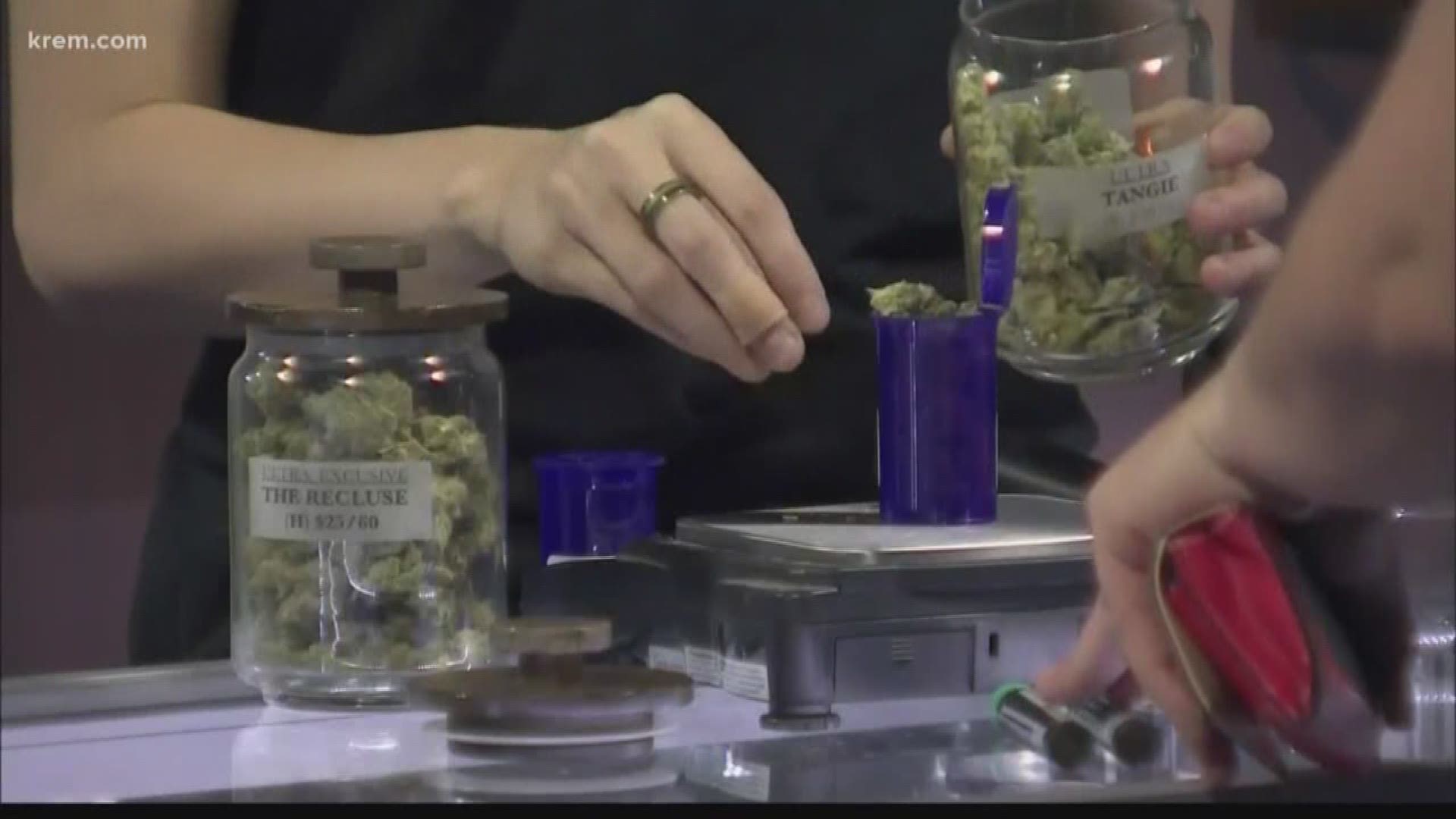WASHINGTON — A study released by AAA found that the number of drivers testing positive for THC after being involved in a fatal crash in Washington went up by about 10 percent in the five years after 2012.
According to the study, in the five years before Washington legalized marijuana in 2012, 8.8 percent, or 56 fatal crashes a year, involved a driver who tested positive for THC.
In the five years after the legalization of recreational marijuana in Washington, the AAA study found that 18 percent, or 130 fatal crashes a year, involved a driver who tested positive for THC.
But there are some possible issues with the study that may call into question if it can be said for sure that marijuana is too blame for the increase.
One problem is there is currently no test to definitely determine if a person is under the influence of marijuana at any given moment. If a person used a THC product a week ago, they could test positive after a crash a week later, even if they haven't used a THC product since then and are sober at the time of the crash.
This problem could also be compounded by the fact that more people may have started using THC products after marijuana was legalized in the state, something that doesn't appear to be accounted for in the study.
Another problem is the fact that the study doesn't also examine the number of non-fatal crashes involving those testing positive for THC. Drivers aren't always tested after crashes, and the study doesn't make it clear if the number of drivers involved in these non-fatal crashes also increased by the same amount after legalization.
These tests are also usually done hours after a crash, meaning they may not always be accurate. Also, THC affects everyone differently, meaning that people showing the same amount of THC in their blood could be experiencing different symptoms.
Also, AAA states in the article that it "opposes the legalization of marijuana for recreational use because of its inherent traffic safety risks and because of the difficulties in writing legislation that protects the public and treats drivers fairly." This means that it has a stance that is supported by the findings, and isn't totally impartial.
One important thing to note; AAA both admits its stance on recreational marijuana and states that the study "suggests" that recreational marijuana has caused the increase in fatal crashes, not that it is for sure to blame.
It is a crime to drive while under the influence of marijuana, just like its illegal to drive under the influence of alcohol, but this study doesn't prove for sure that marijuana or THC products as a whole are responsible for more fatal crashes.
The following video is a report from Aug. 2019 on an Idaho initiative to legalize medical marijuana moving forward.

